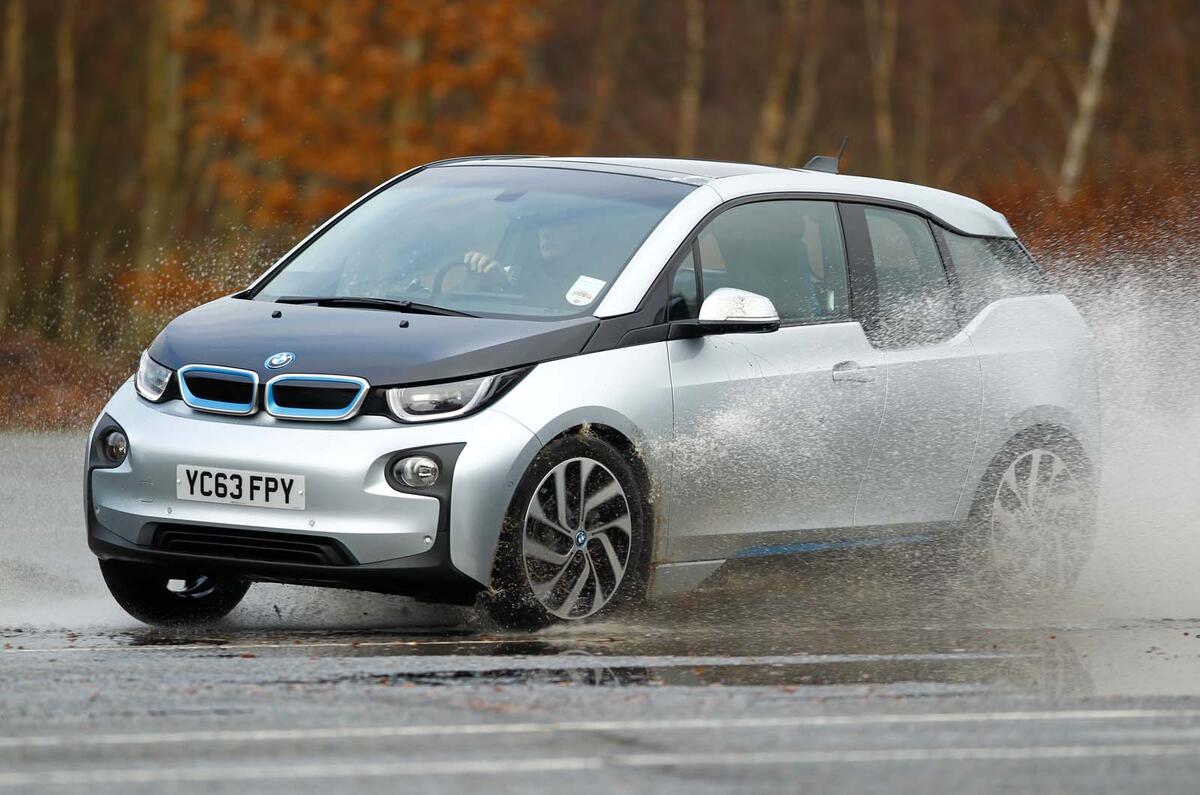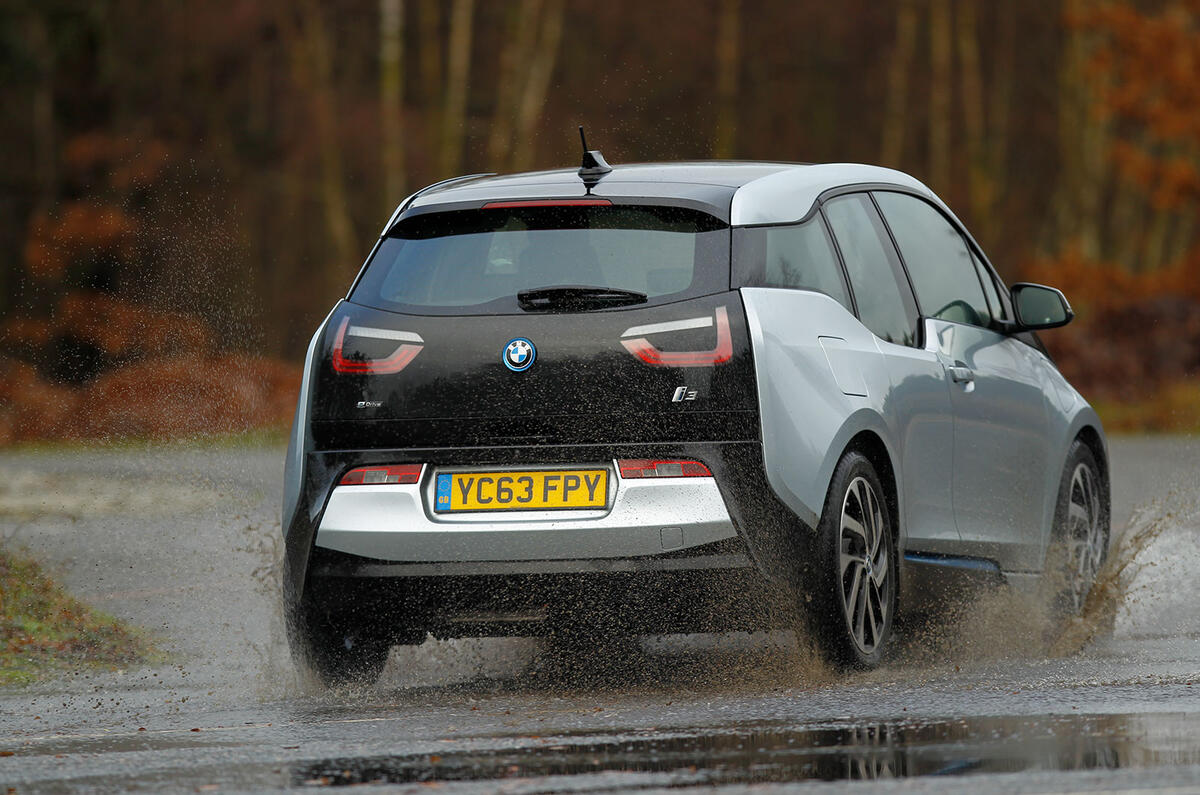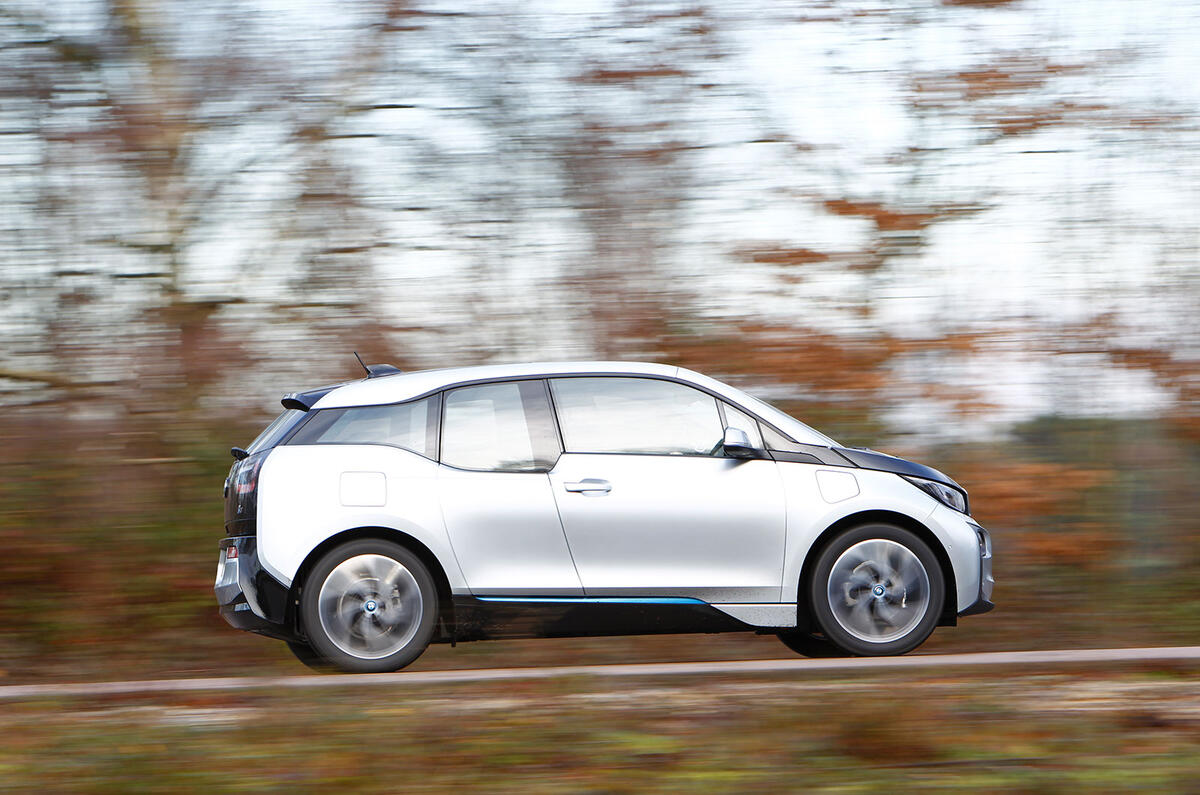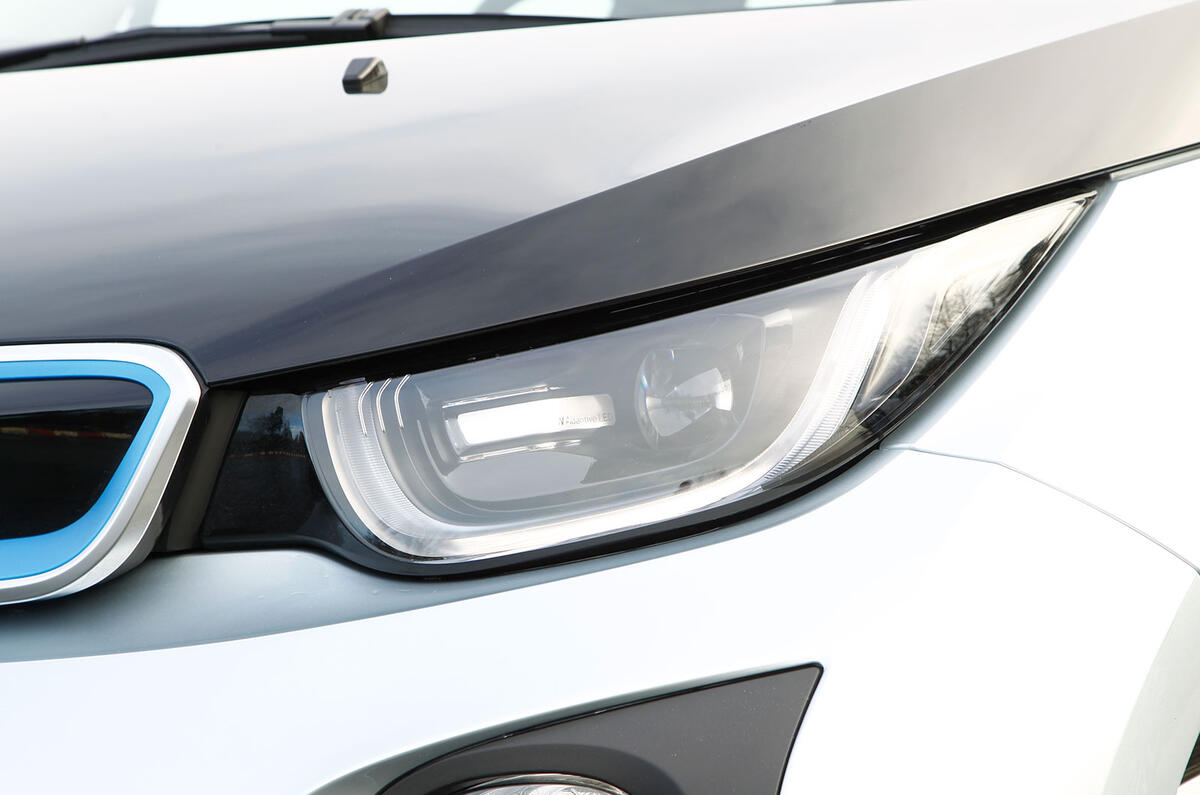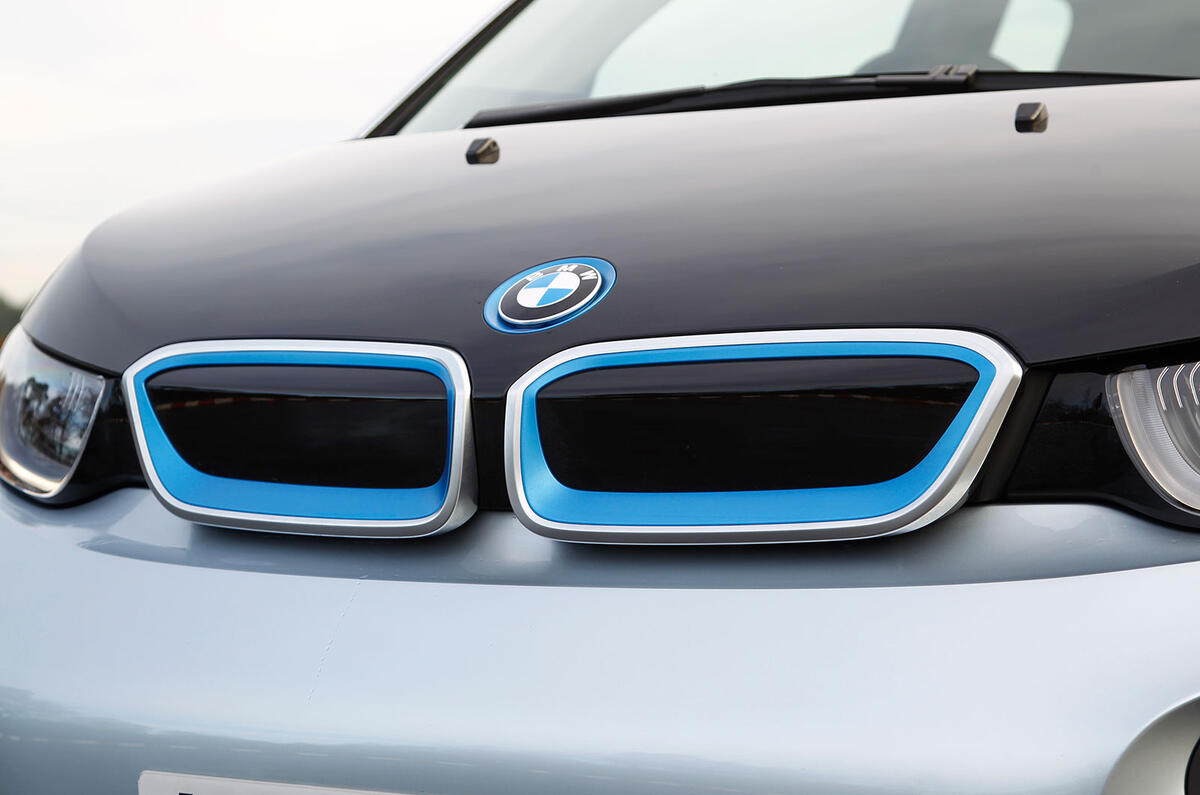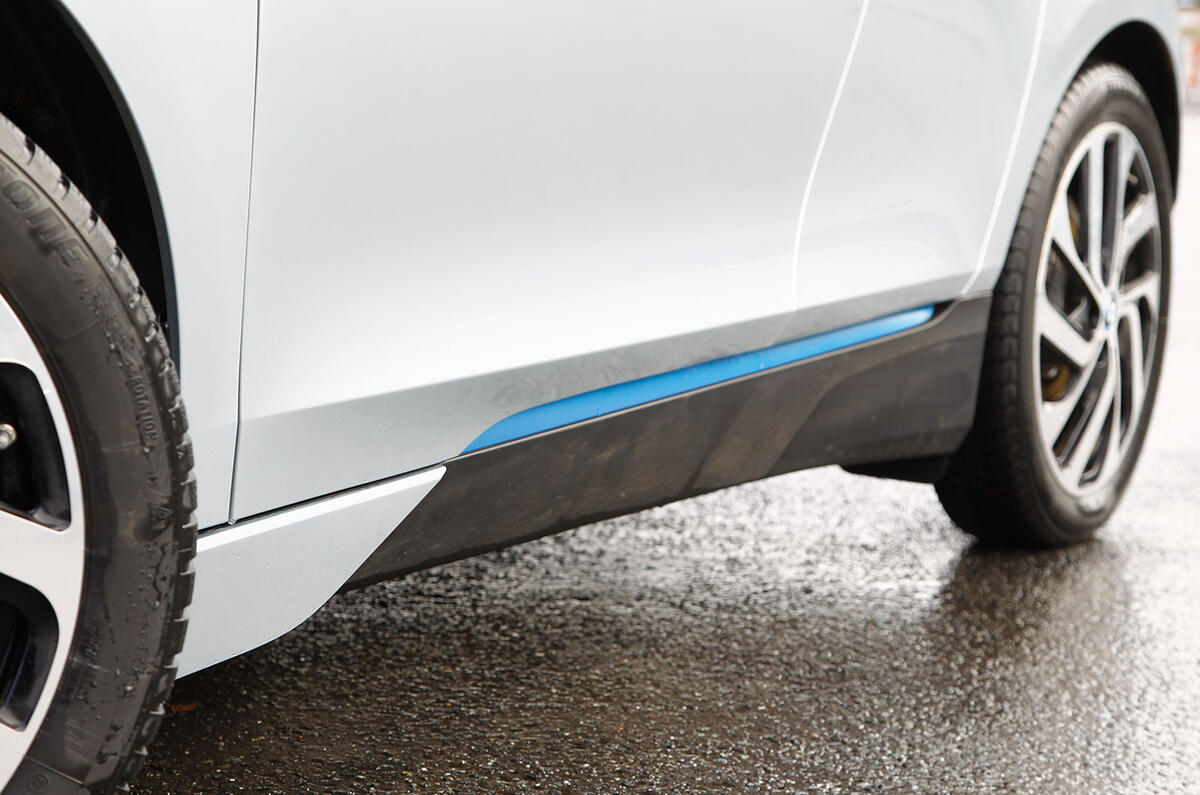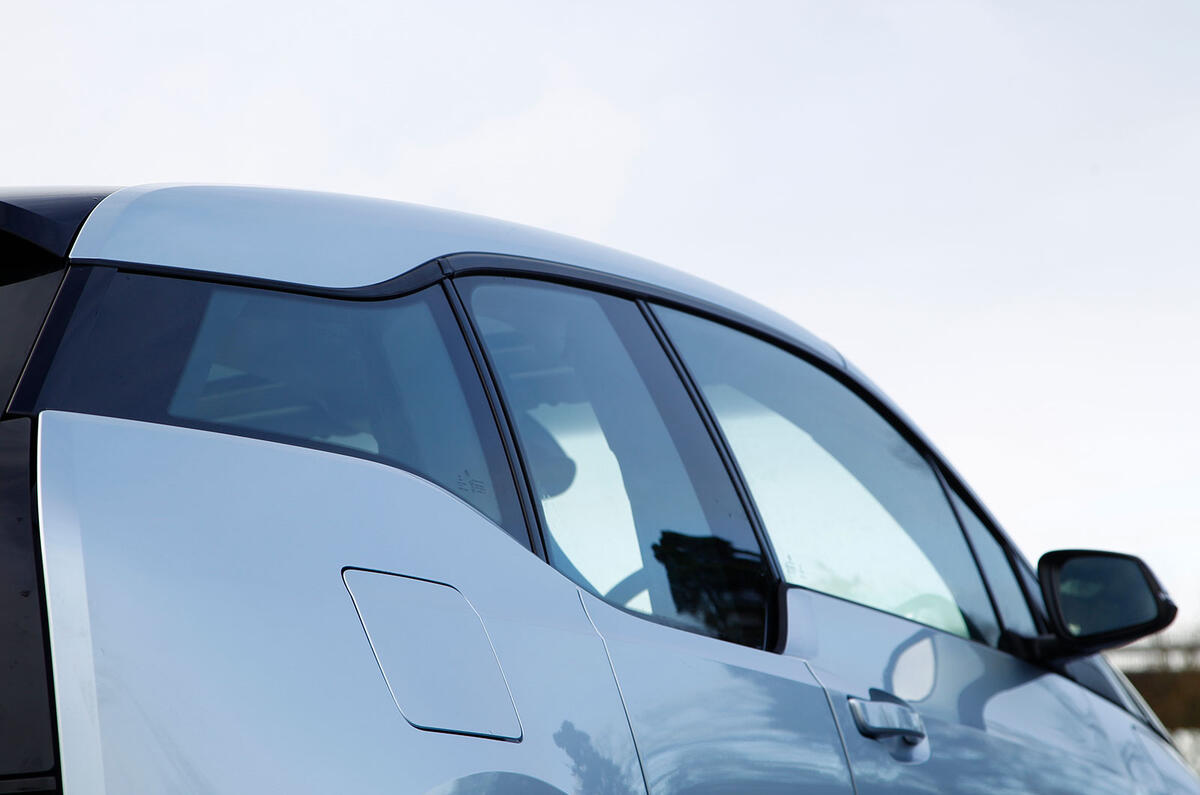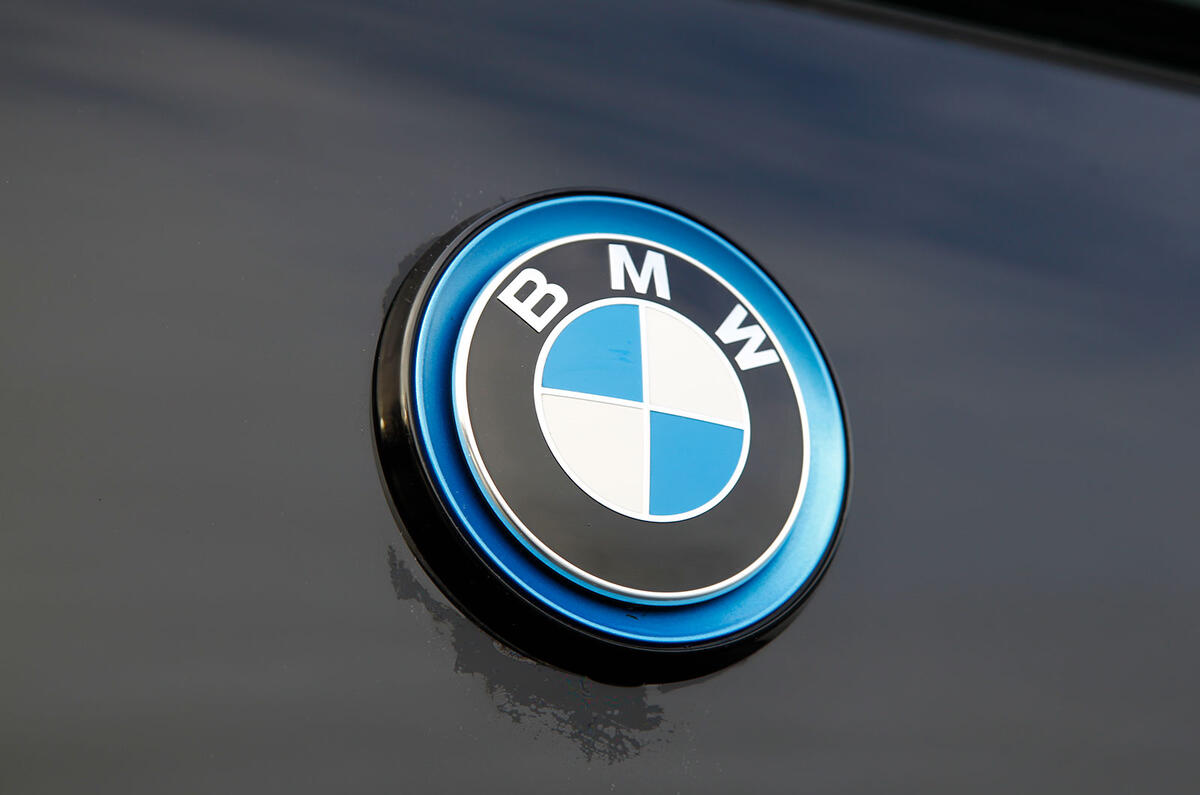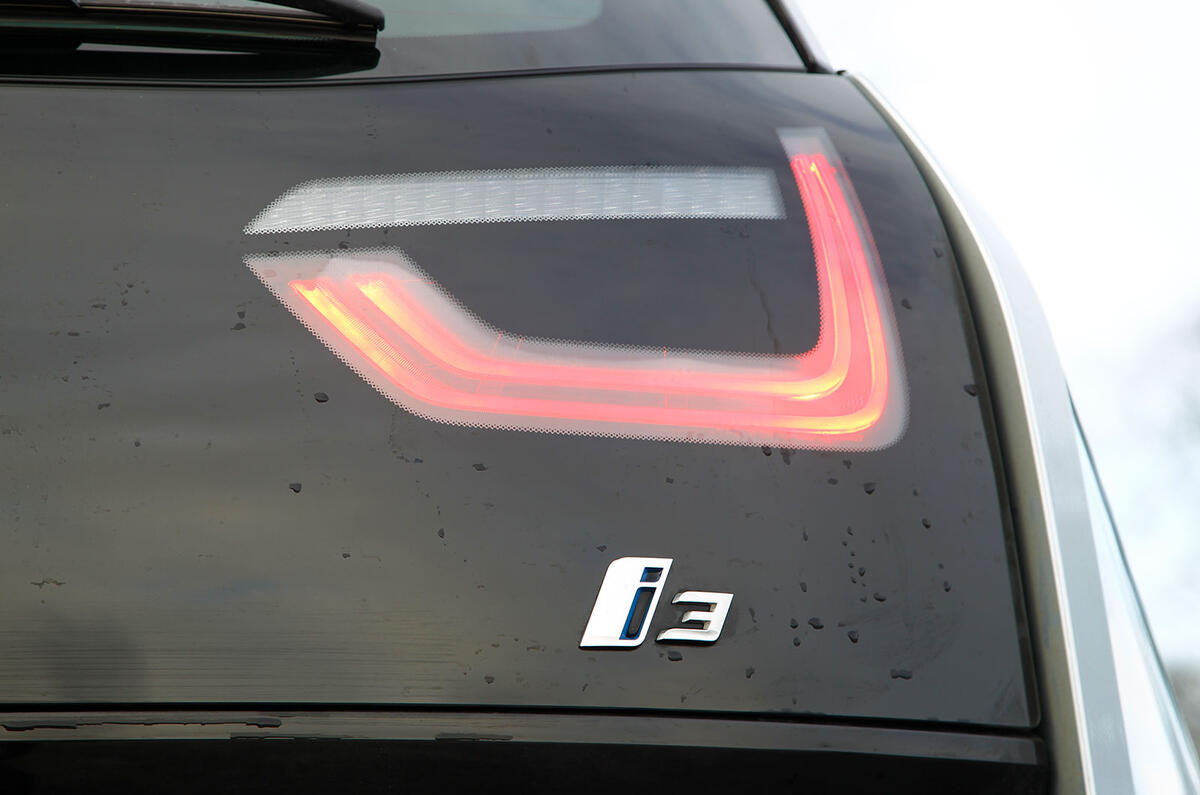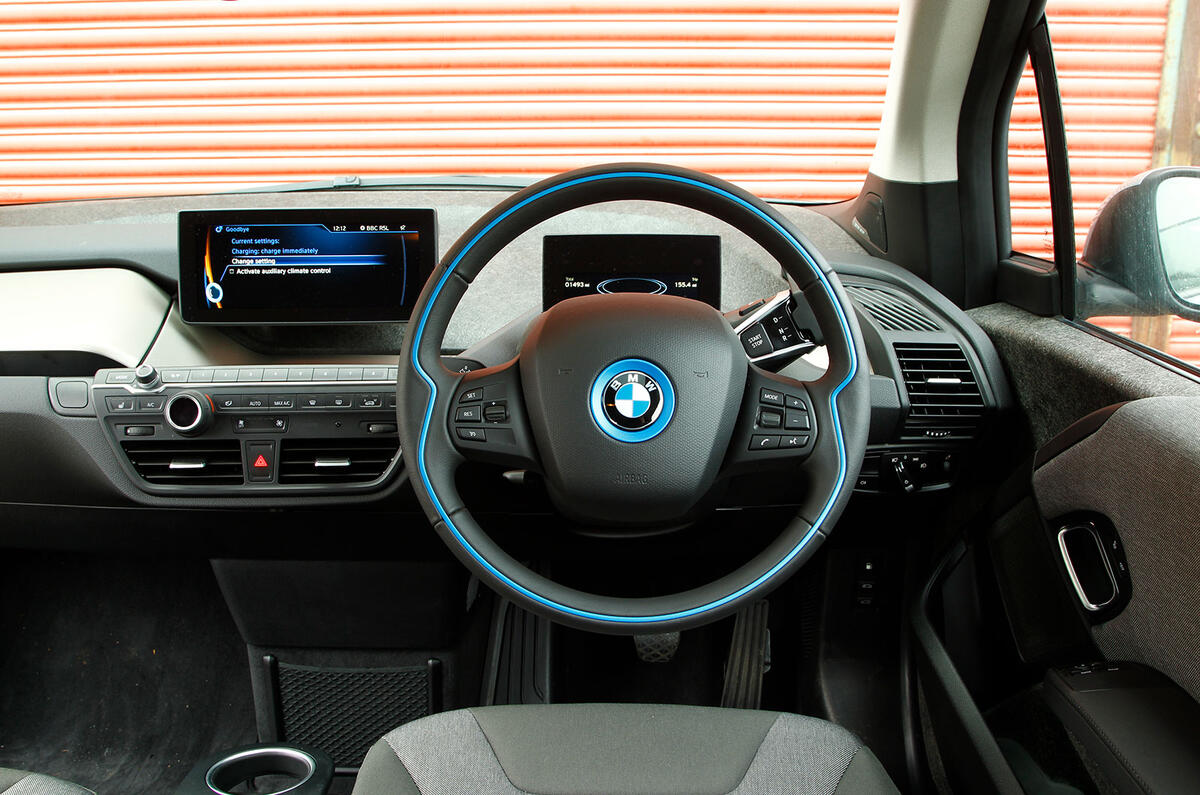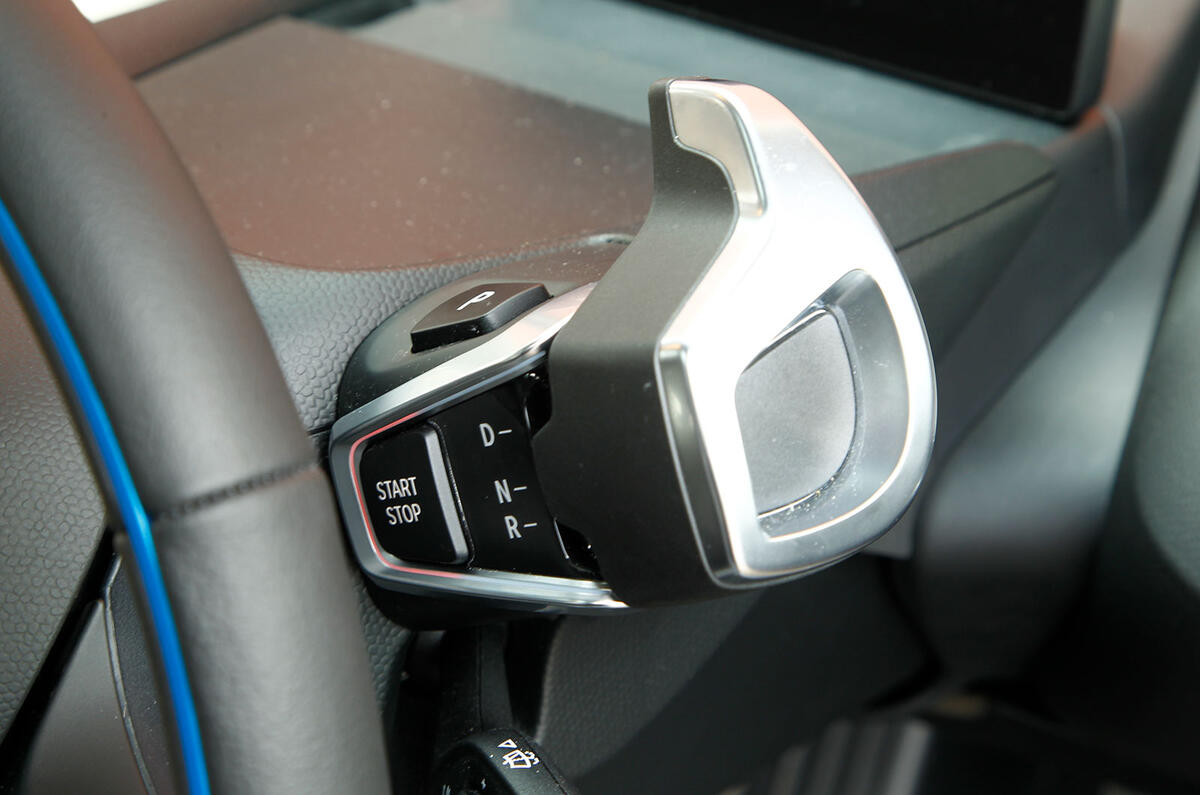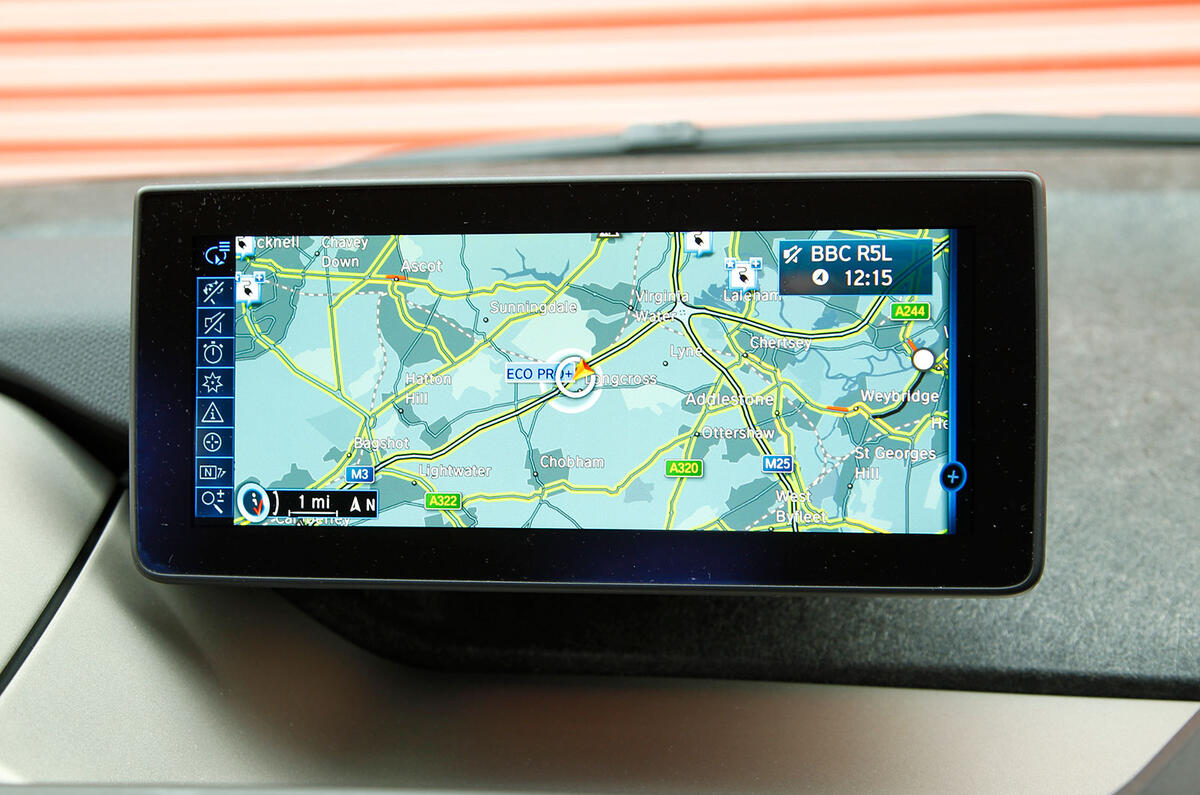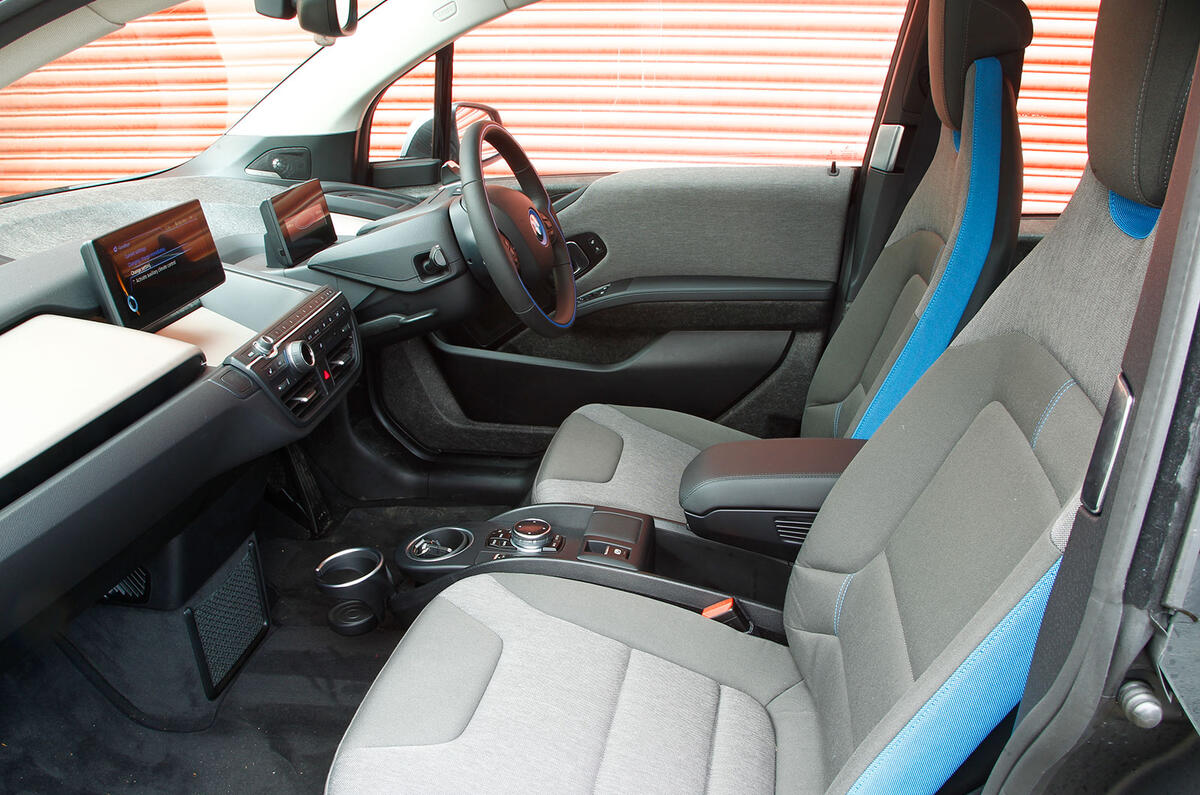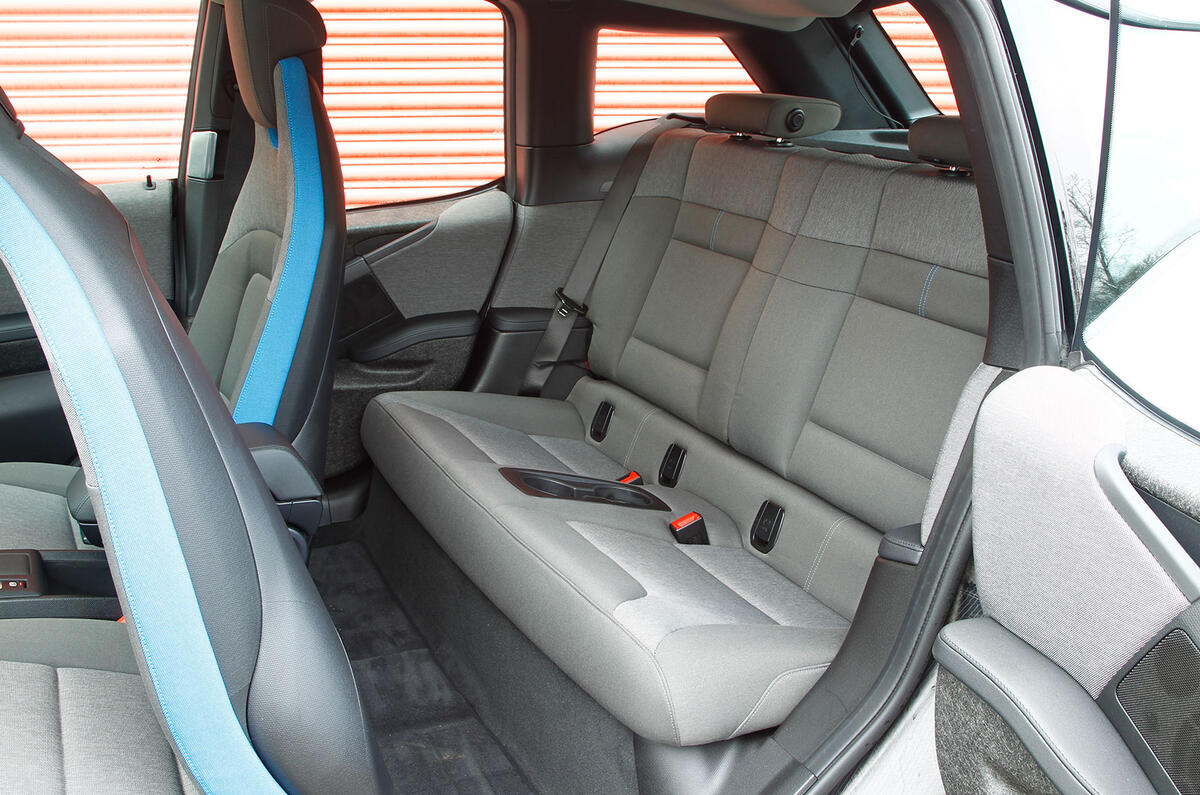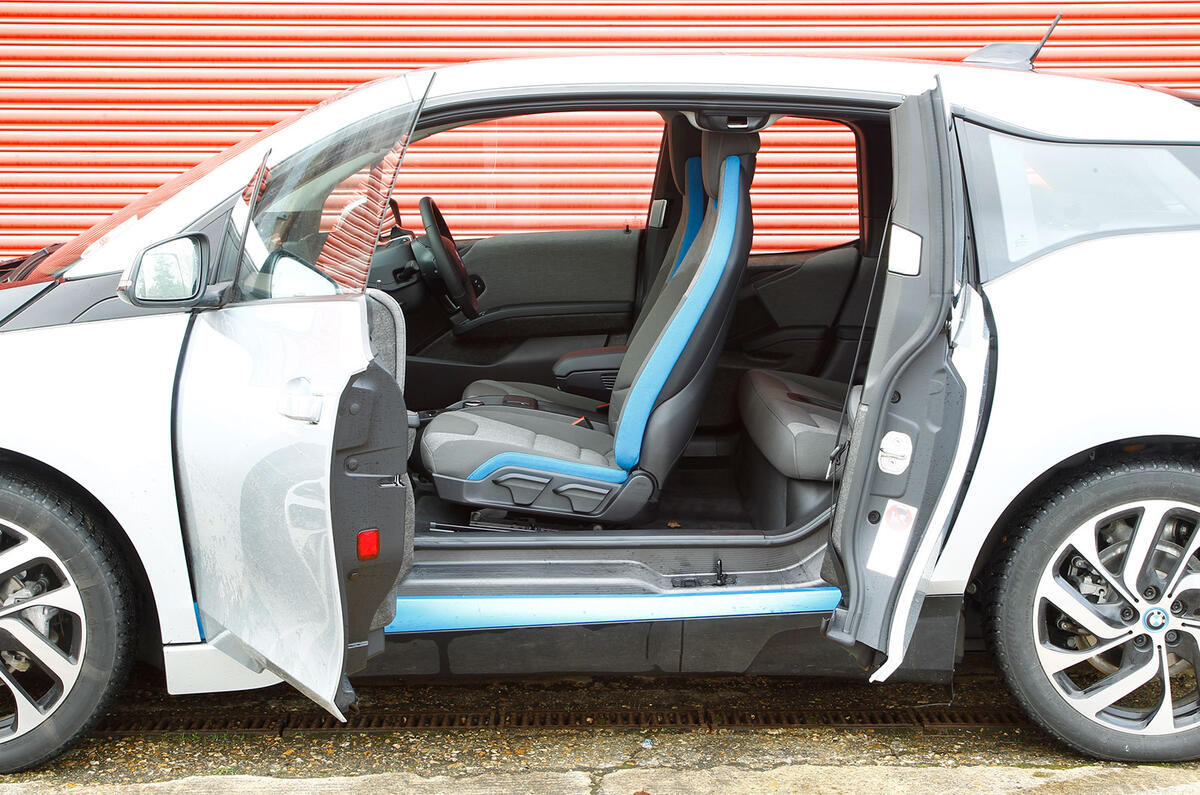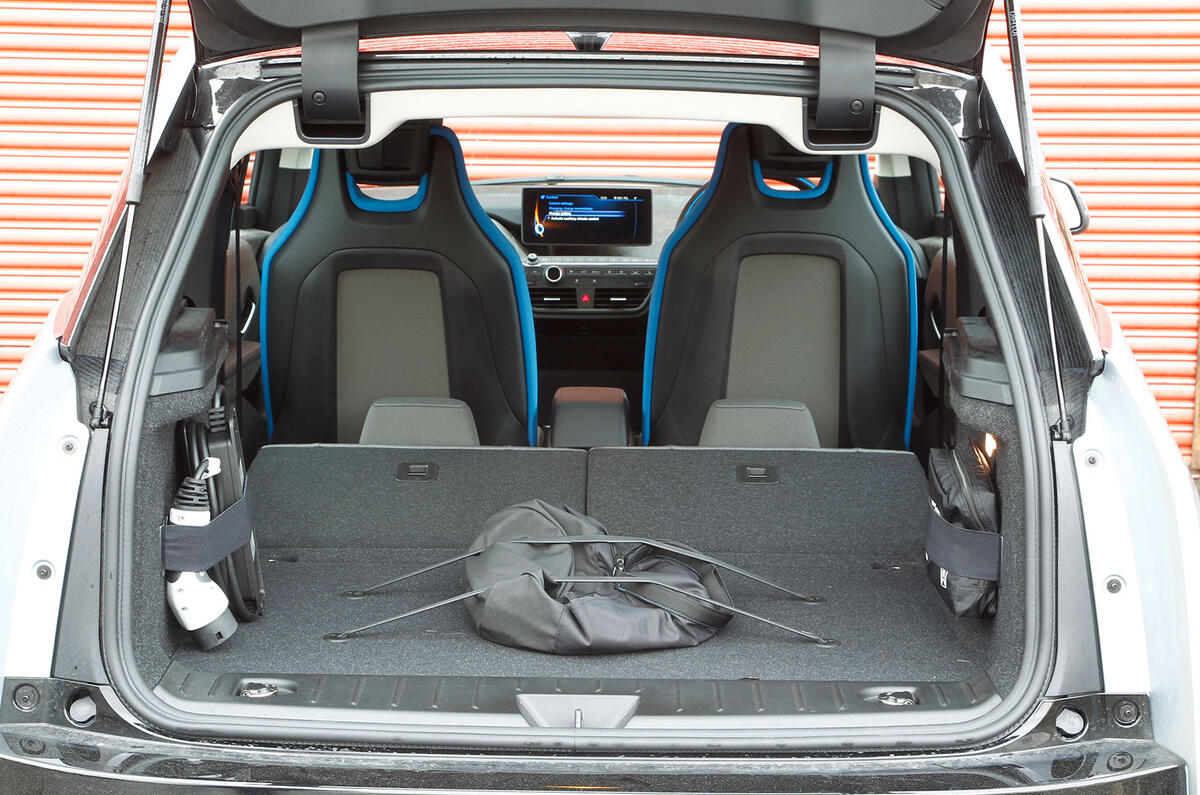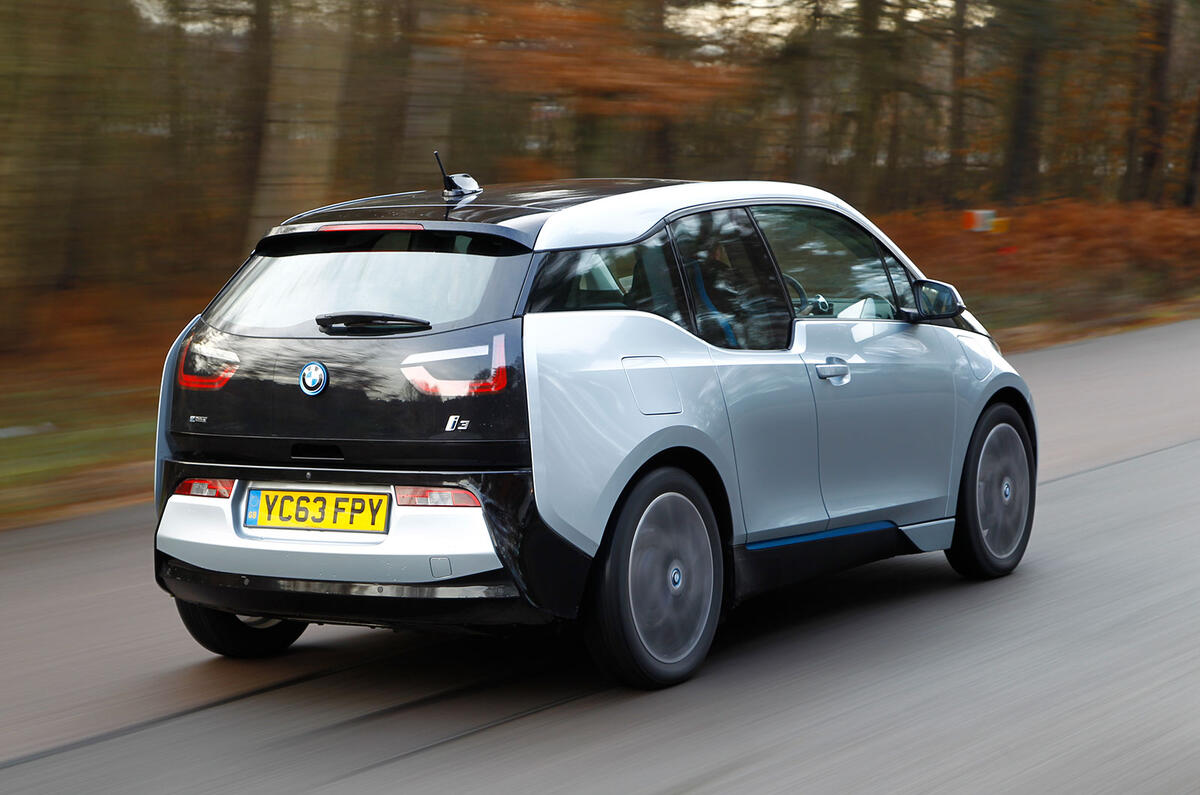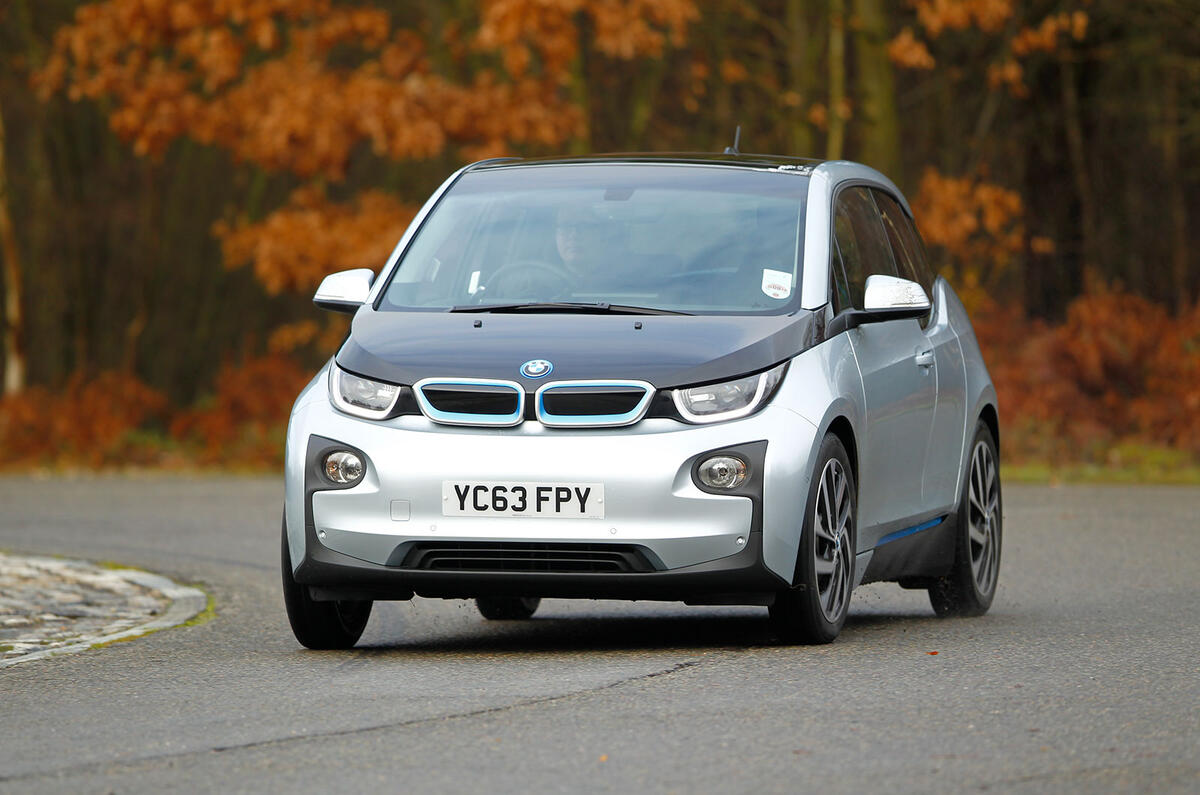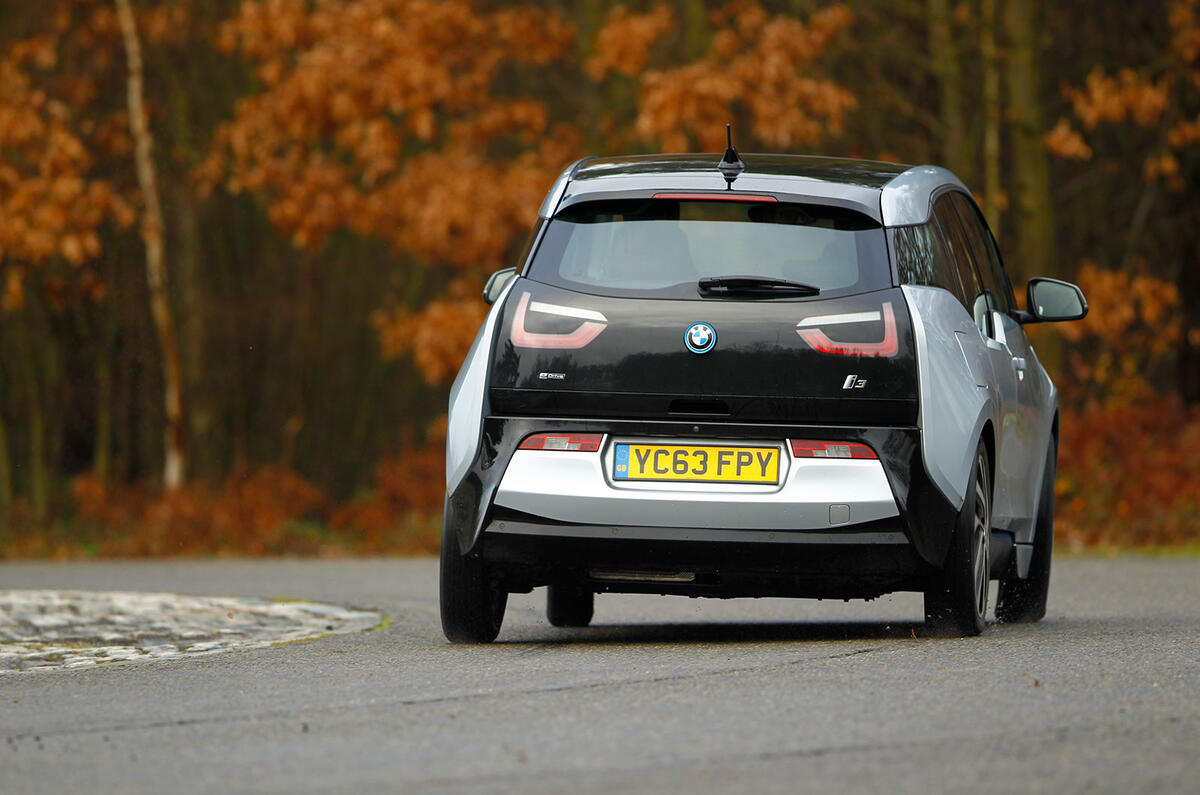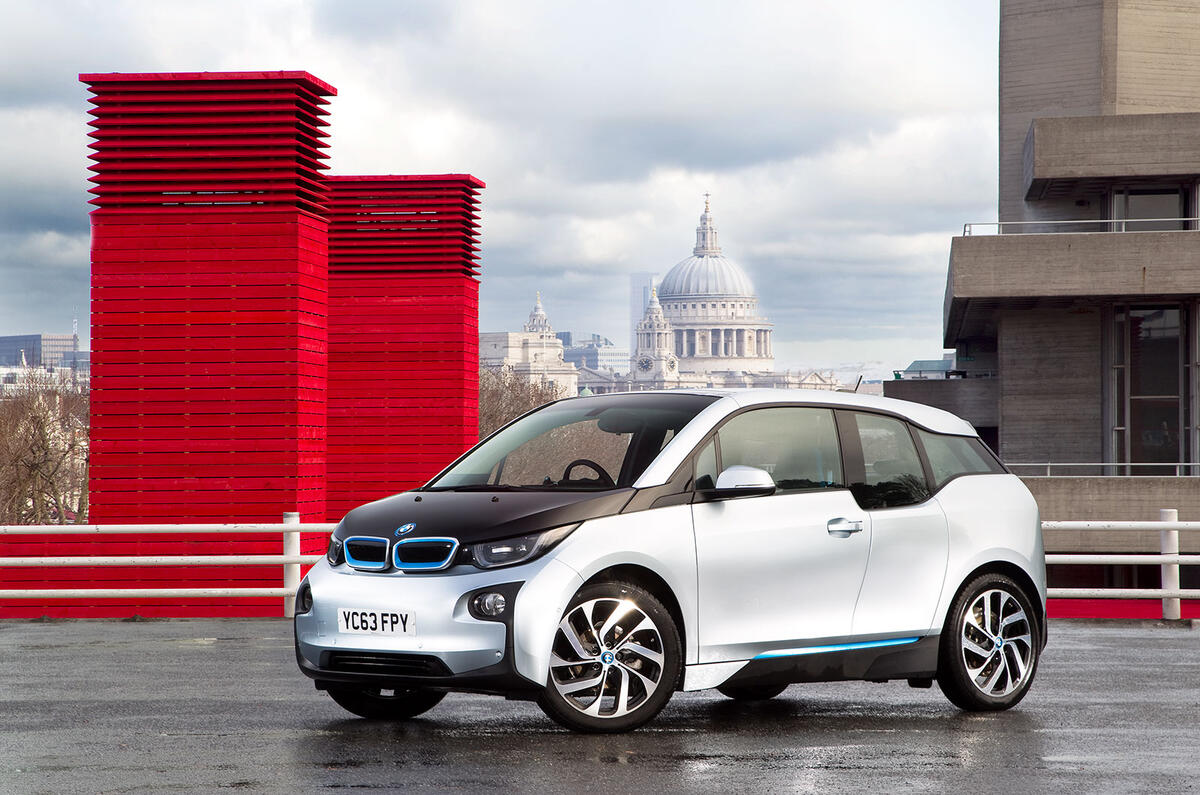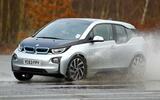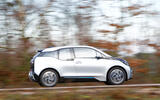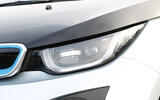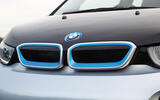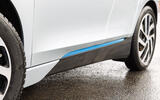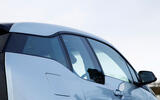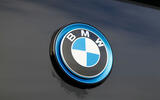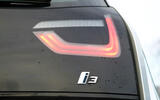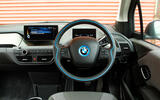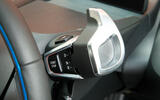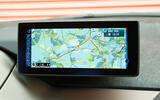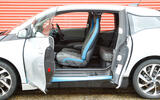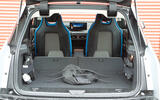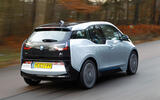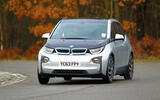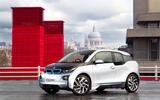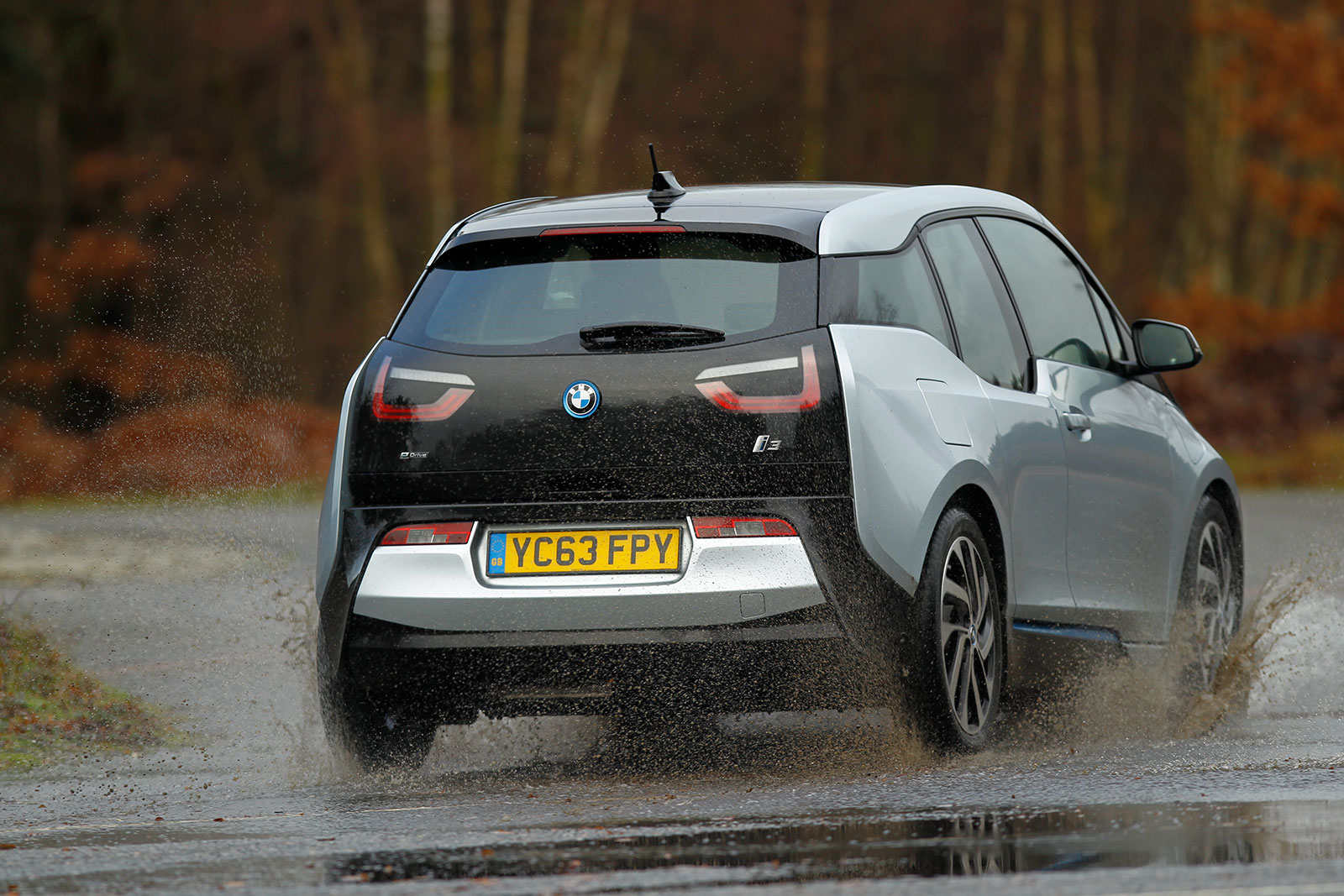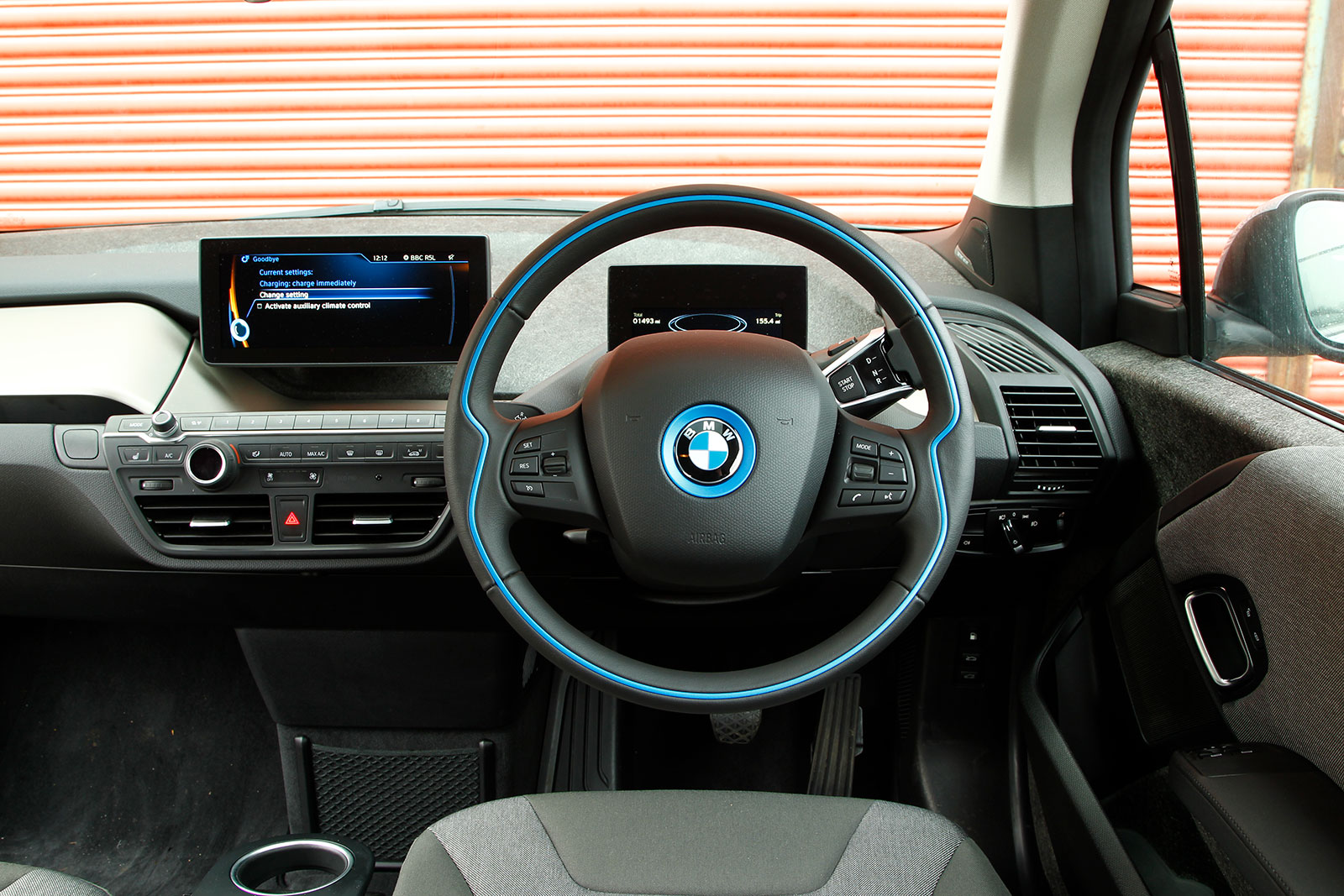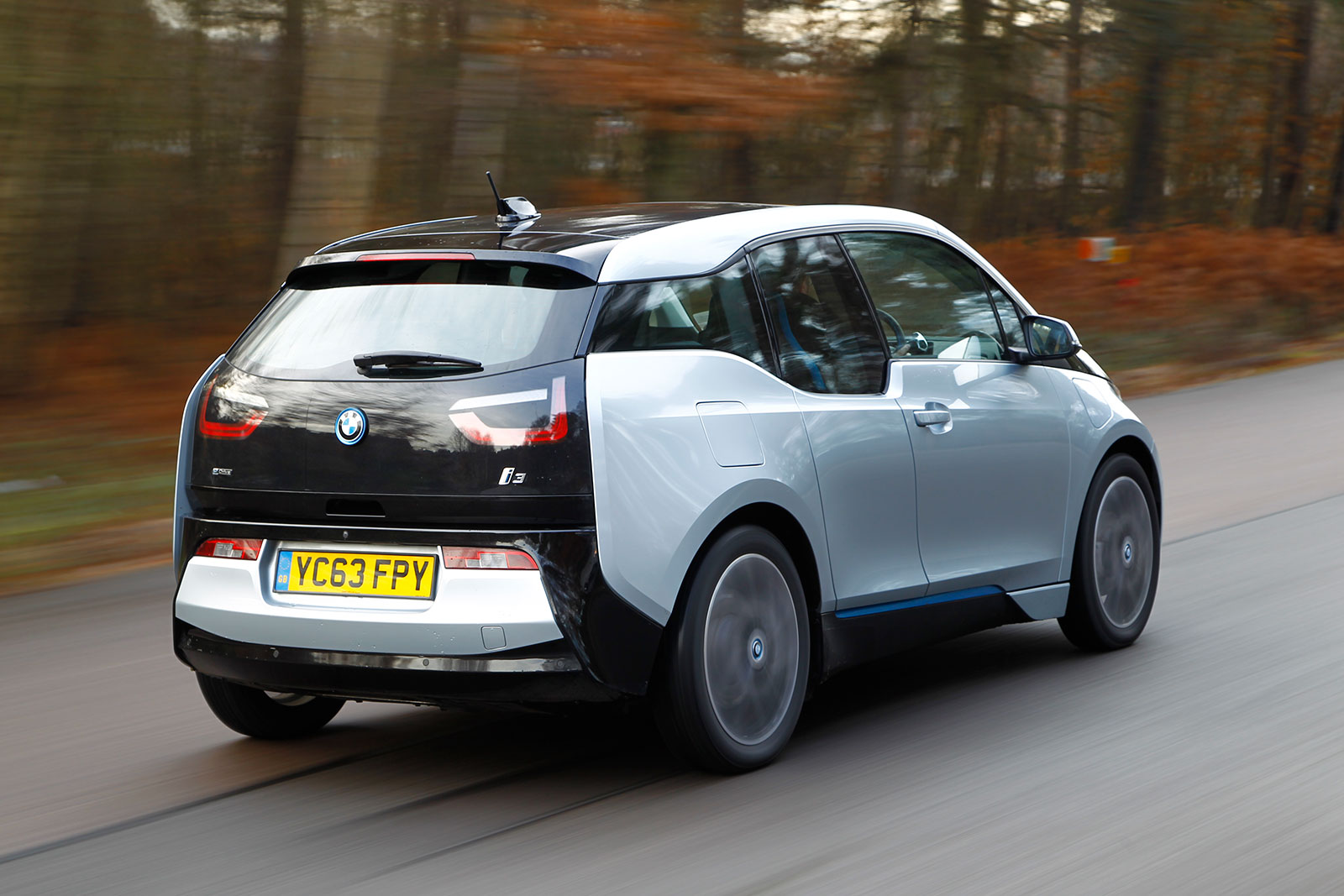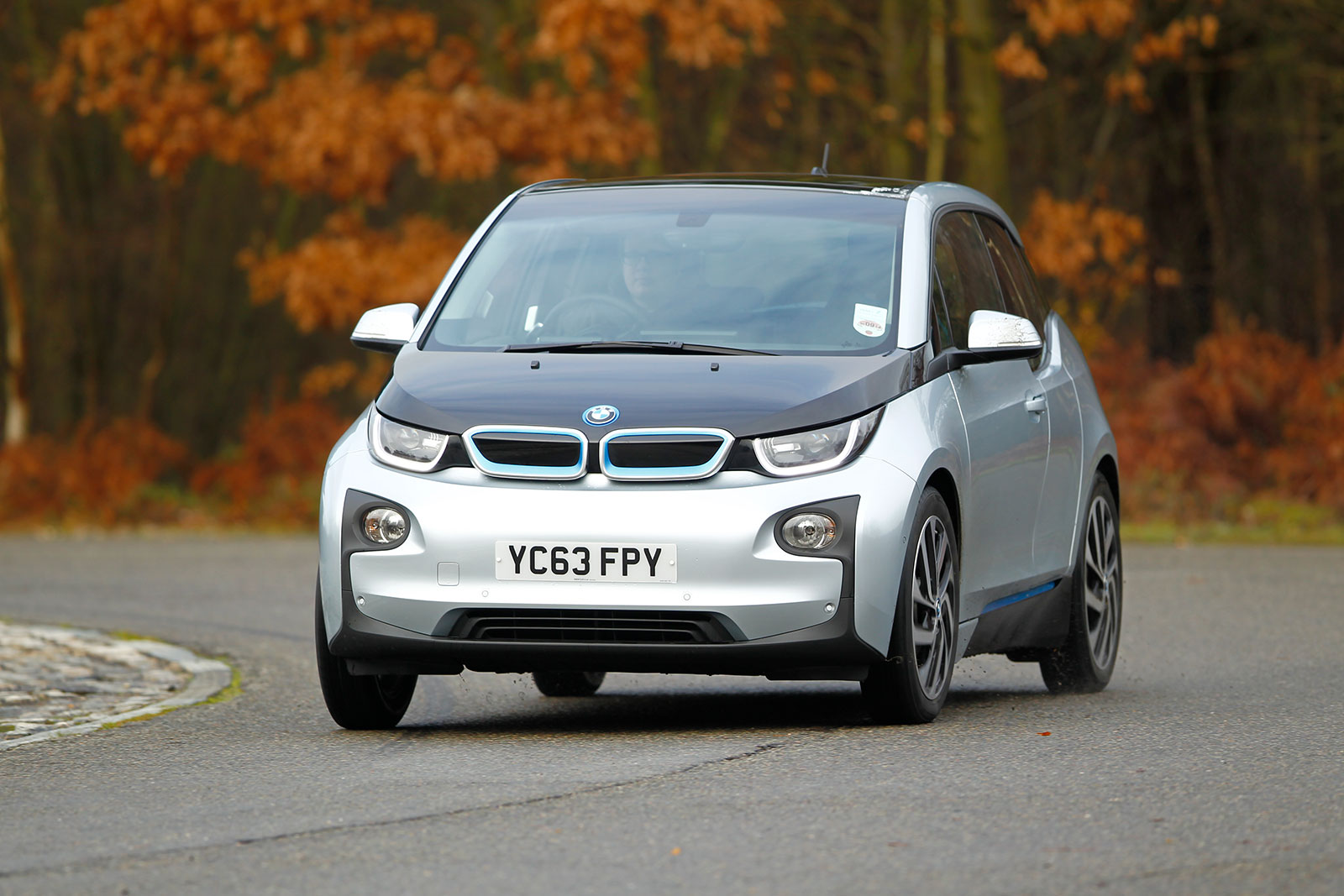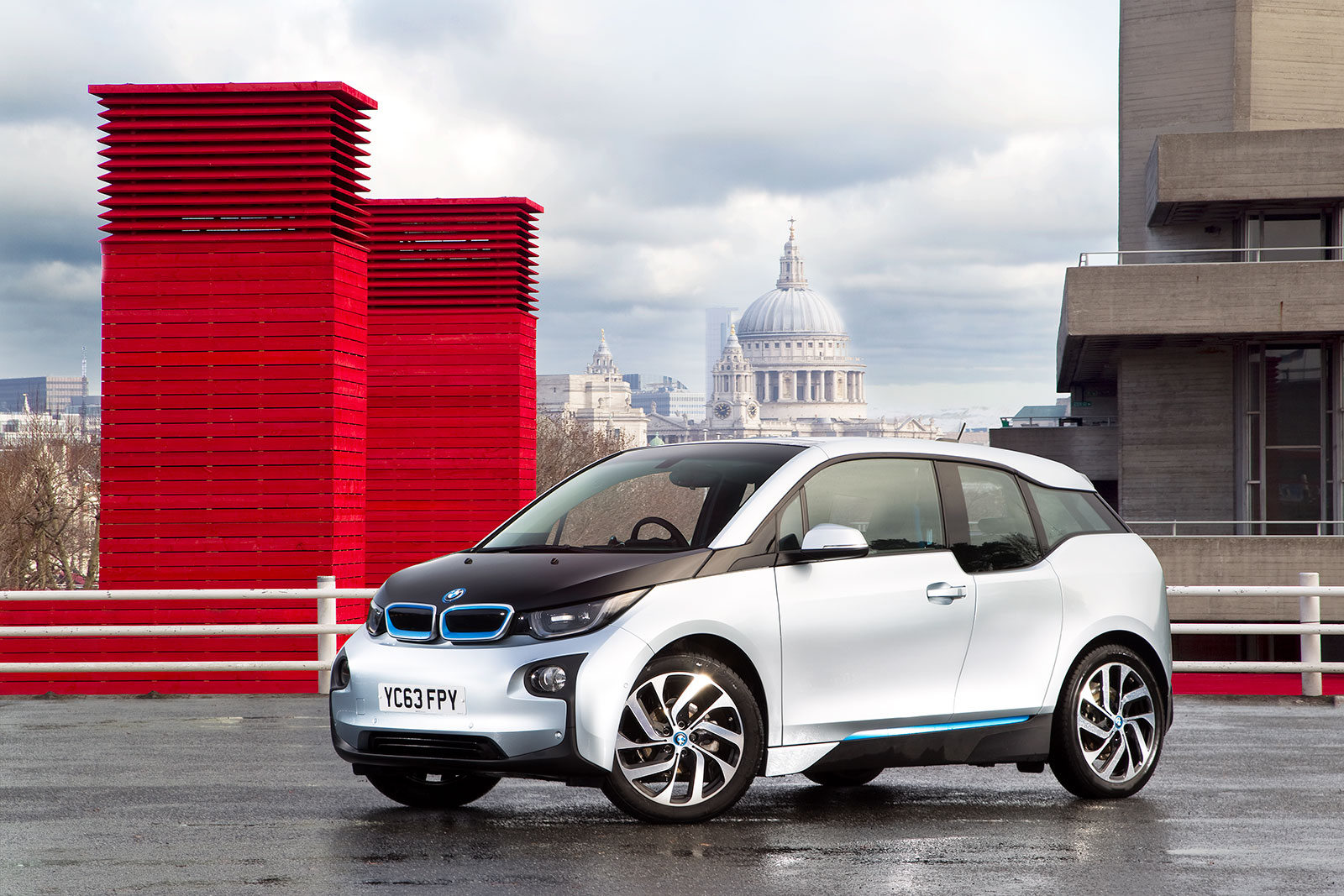Is the BMW i3 reliable?
Even though the i3 was BMW's first attempt at an EV, it is a reliable electric car scoring well in What Car’s reliability survey. It scored 91.1% and finished 12th in a field of 20 electric cars, behind the Mini Electric, Nissan Leaf and Volkswagen ID 3. According to the What Car survey, 21% of i3s had a fault, but two thirds of issues were fixed in less than a week.
While it finished in the lower half of the class, a well-maintained i3 should serve you well, especially when you consider it has fewer moving parts to go wrong.
Air-con: The most common issue relates to the air conditioning’s compressor lunching itself, and because it’s used to keep the battery as well as the interior cool, the subsequent issues post-failure can be as devastating as a fire.
Owners have also reported that, if it fails, it can shoot metal filings through the air-con pipes, leading to more costly repairs.
It’s worth asking the previous owner about the efficacy of the air-con, because if it doesn’t work as well as it should, it ought to be checked.
Fuel system: The ventilation line for the fuel tank on REx models produced between September 2013 and December 2016 can chafe against a battery terminal, which could lead to fuel vapour escaping and, in extreme cases, fire igniting.
Dealers are aware of it, and if there is cause for concern, they will install extra clips to stop the chafing.
Brakes: BMW fitted a strong regenerative braking system, so you don’t have to rely on the friction brakes to slow down or come to a stop.
However, underuse can lead to rust and there are many examples of cars needing their discs replaced. Check before you buy or budget around £200 per corner to have them replaced.
Electrics: If the interior switchgear or infotainment system starts to act up (in other words, not switching on when asked or working intermittently), it could be a sign of a failing auxiliary battery. Owners have complained on online forums that the auxiliary batteries are prone to failure every three years.
Unfortunately, there aren’t many warning signs of this other than wonky electronics, so check that everything works as it should.
Body: The strange shape and size of the door seals means that shoes can easily scrape against them when occupants are entering and exiting. This leads to torn seals, which can compromise waterproofing, so check the condition of them before buying.
An expert’s view
Gerard McGovern: “This is my second i3 , and I’ve owned it for nearly three years. Throughout my motoring life, I’ve had many BMWs, most of which were M cars.
I rate the i3 as one of the best cars I’ve owned. It’s a great mix of quirky and fun and genuinely puts a smile on my face when I drive it.
The looks are not to everyone’s taste, but I think it could be released tomorrow as a new car and its design would still look fresh. The only improvements I would like are a true 200-mile range and an updated iDrive system. Otherwise, it’s perfect.”
Also worth knowing
Originally the i3 came as standard with a Type 2 charging port, enabling AC charging at just 11kW, which will make any long drive a real pain. A CCS port was an option, allowing DC charging at up to 50kW – still slow by today’s standards, but then the battery is quite small.
The i3’s passenger cell is corrosion-proof and so structurally strong that it didn’t need B-pillars, meaning its novel rear-hinged, small rear doors could be fitted.
If you’re worrying about this hampering its safety, know that the i3 achieved four stars when it was tested by Euro NCAP, scoring particularly well for adult and child occupant protection.



